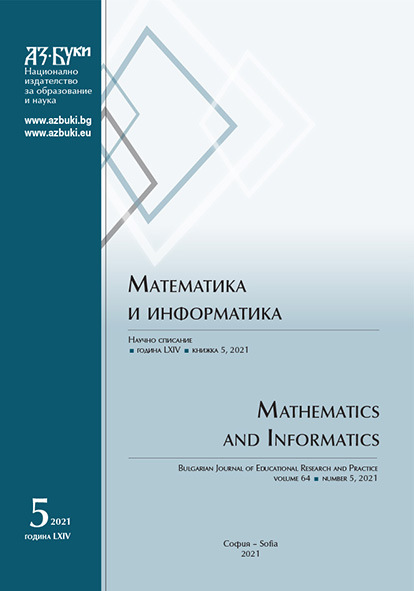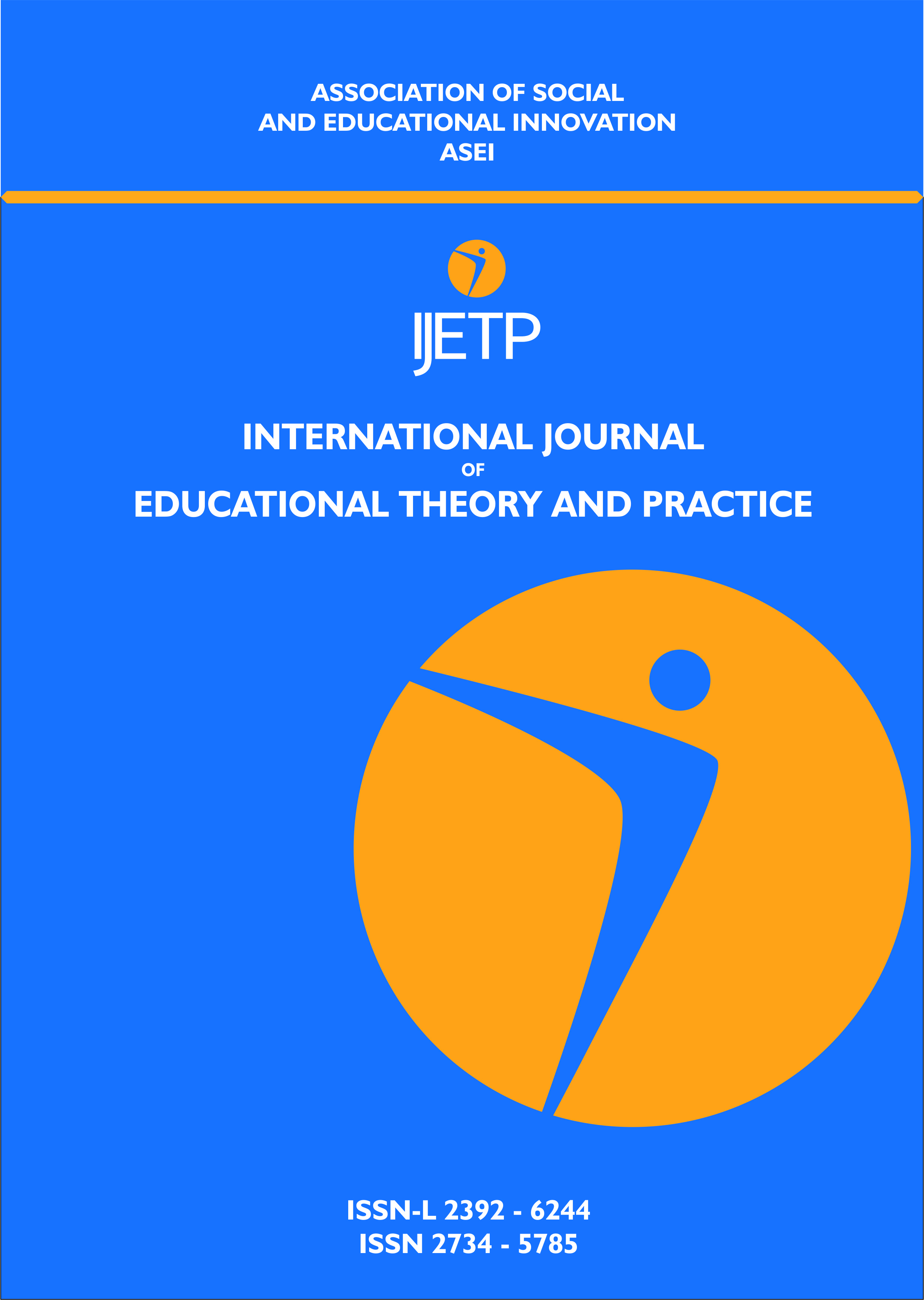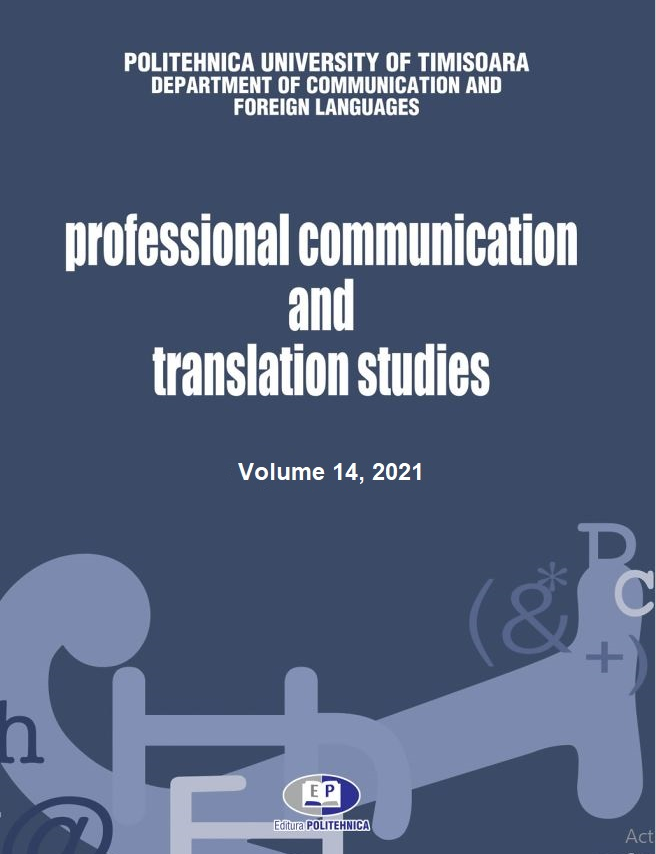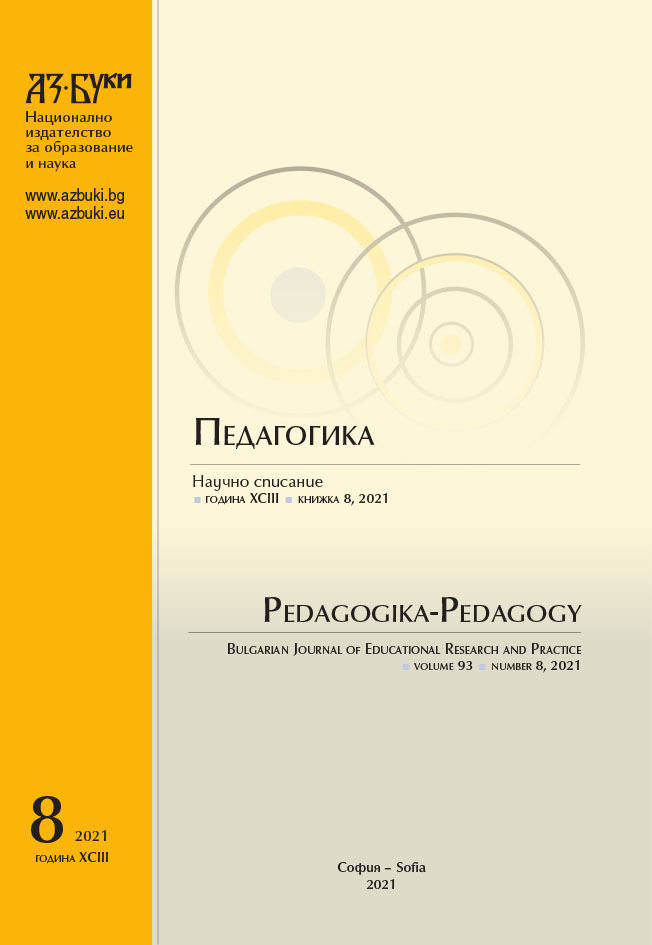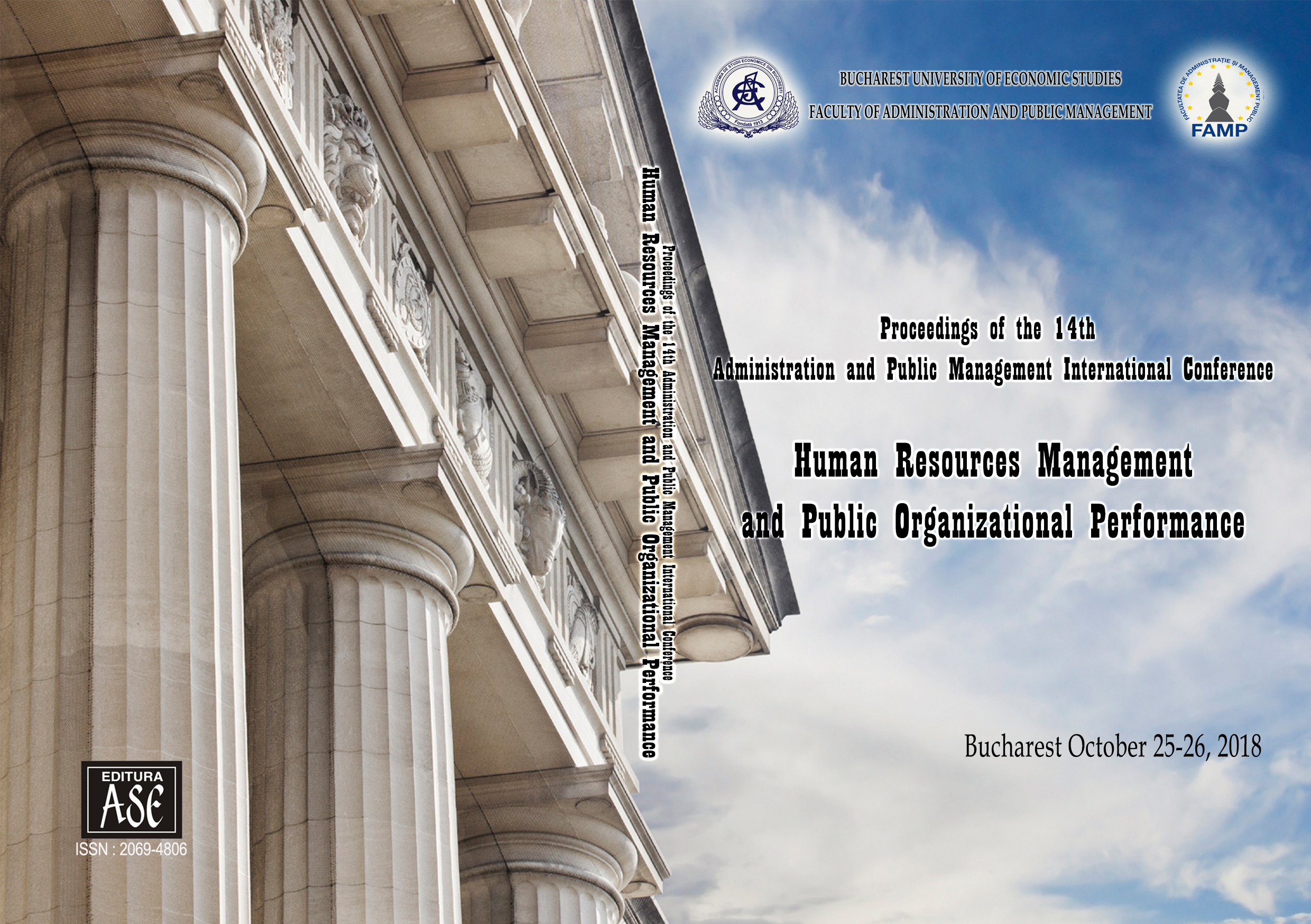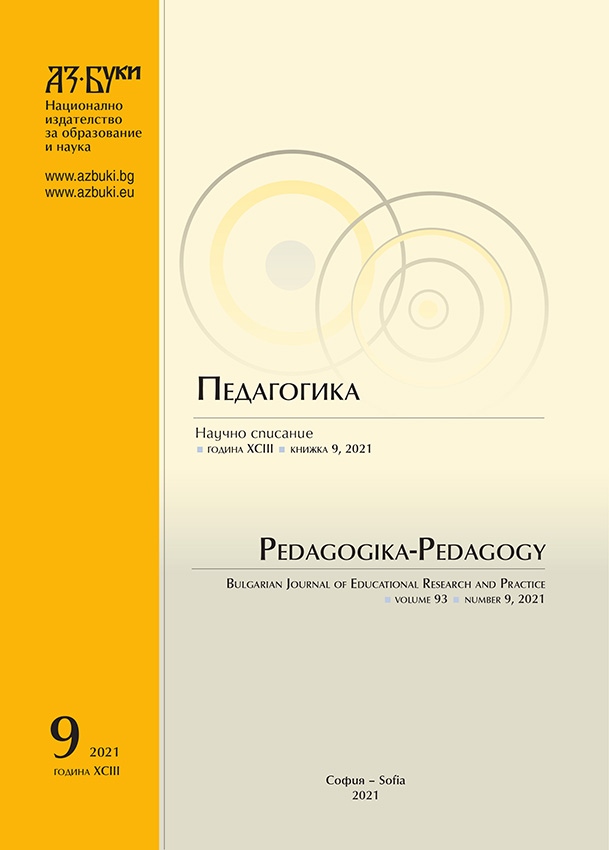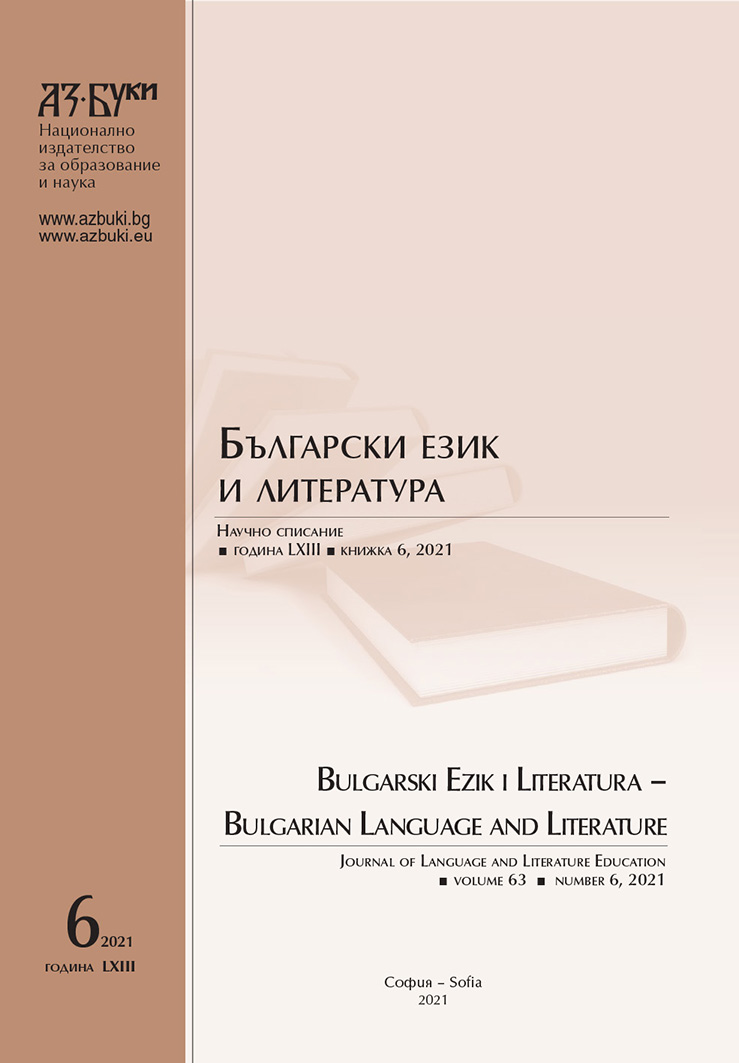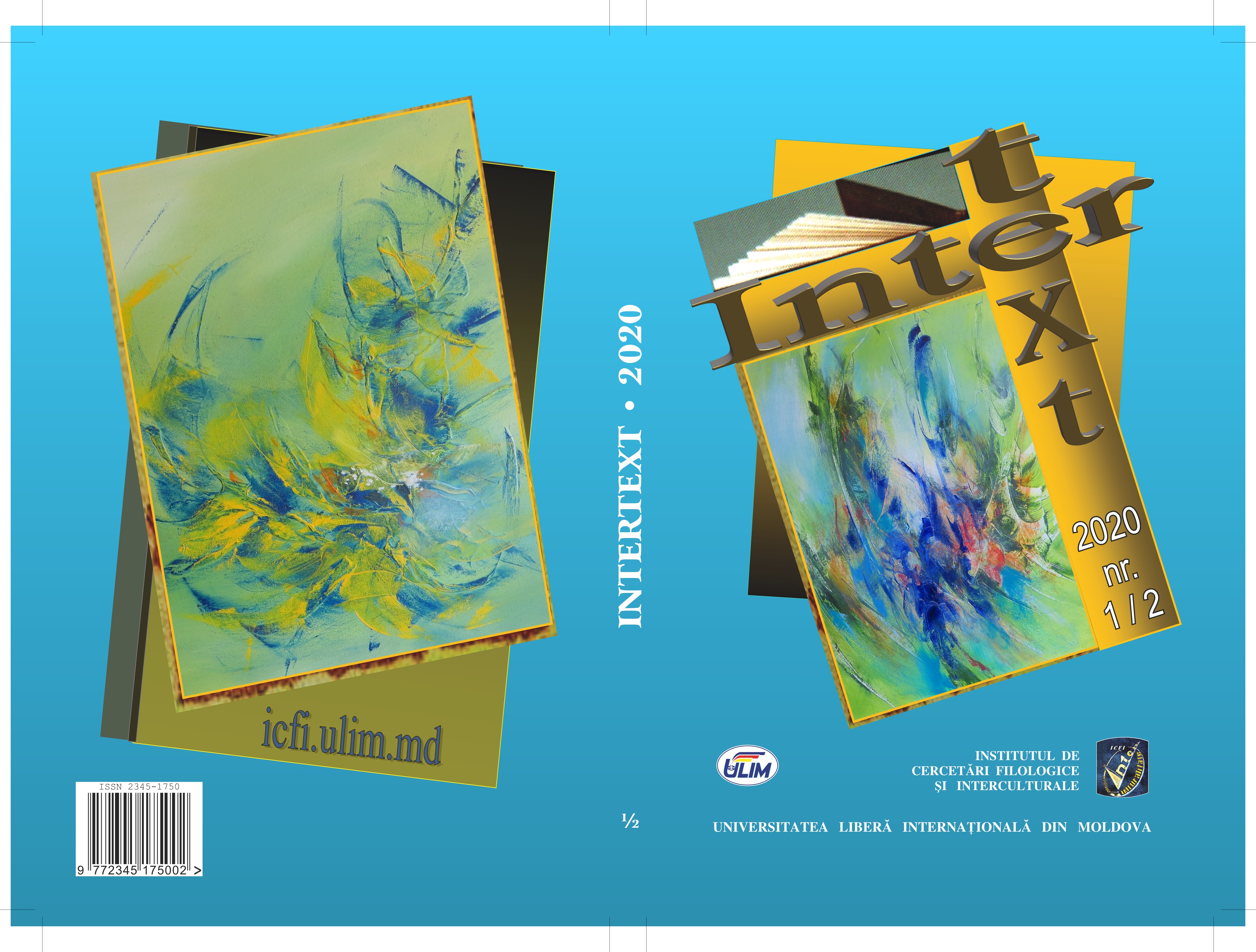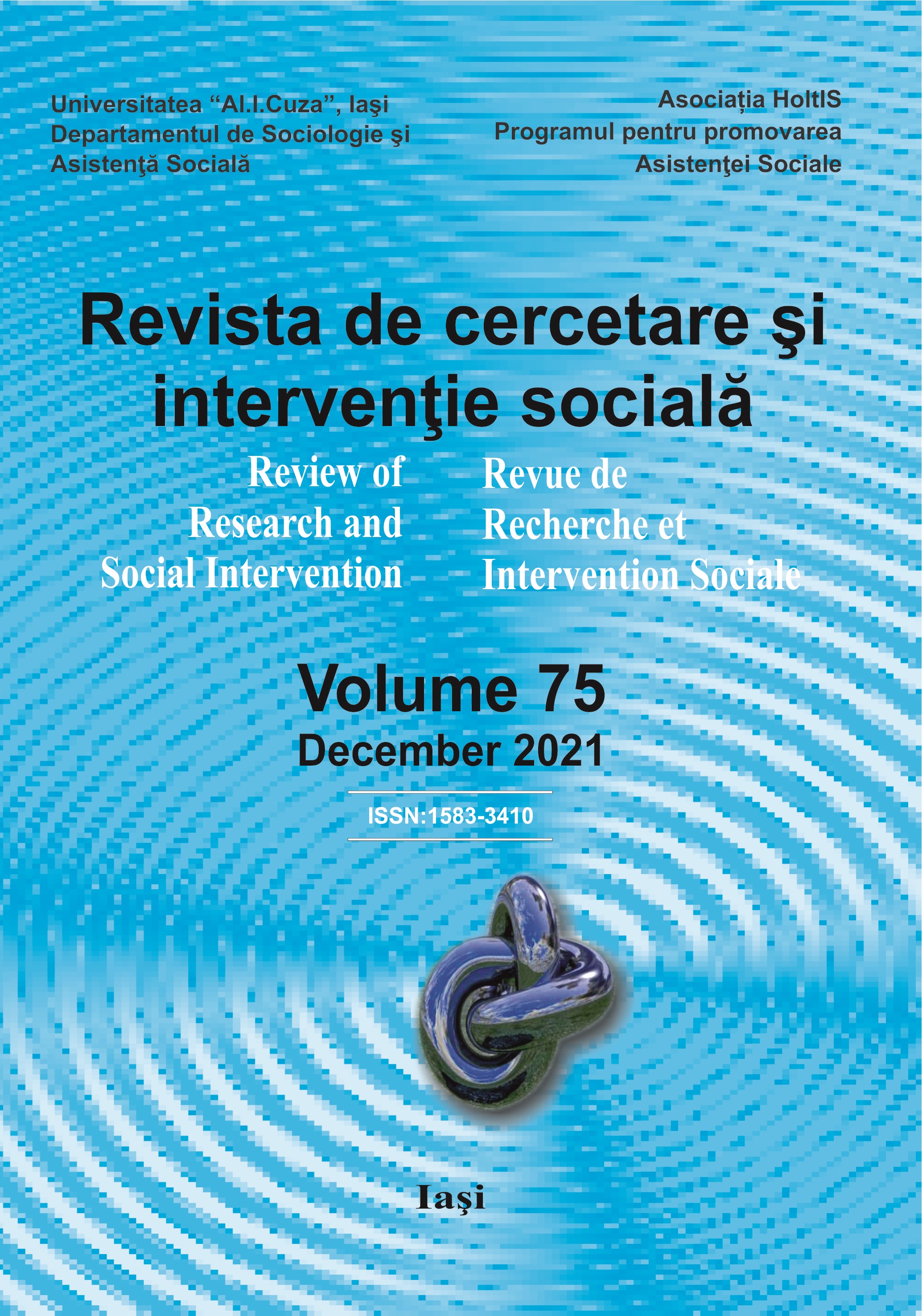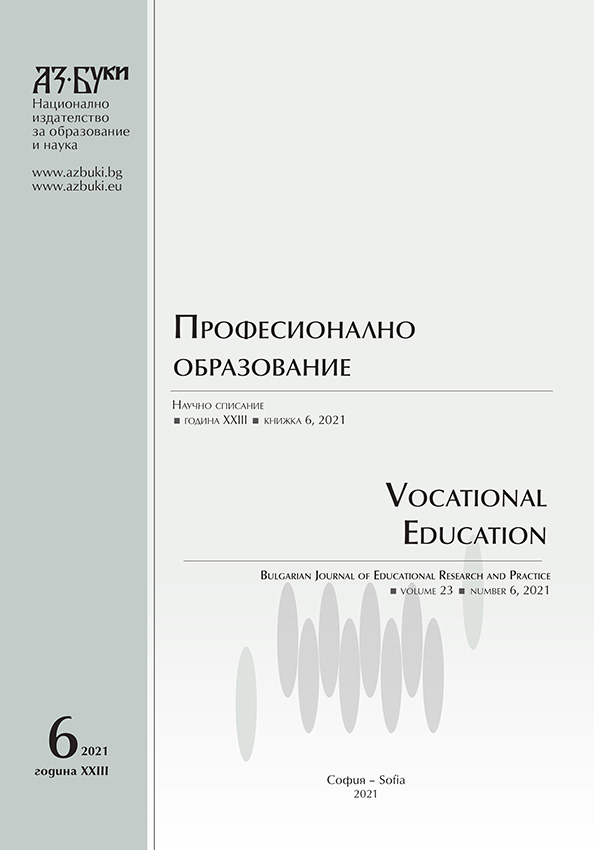Author(s): Cătălina-Oana Dumitrescu / Language(s): English
Issue: 1/2018
The professional training has always been one of the most efficient manner of ensuring the social and professional development of the main organizational resource. In this situation, we stick to the medical staff in the medical organizations generating changes, based on the knowledge and permanently updated information, in a dynamic informational framework, characterized by multiple economic, social and politic changes. For this reason, the training offer specific for the health field is permanently adapting to the system requests, which should ensure the supply of service according to the European standards. The professional improvement brings an added value by the fact is grants any person the possibility to develop, to improve according to his/ her professional needs, but also according to the organisational scopes. The continuous training of the medical staff, in order to increase their professional performances remains a scope supported by the policies, strategies and regulations specific to the medical field. Generally, people are open to professional training, taking into account that they often confront the necessity of using new informatic technologies or procedures and action technologies, so they need to develop new skills. Therefore, in the medical units the use of the informatic technology may represent a training and improvement method, namely accessing an e-learning platform. I support this method because it can save time, taking into account the employees in the health system do not have a lot of spare time. So, the medical staff may benefit of training and improvement courses within the organisation implementing this e-learning program, namely: e-learning achievements based on CD or network. In both cases, the courses shall be in an electronic format, and a specialist shall coordinate the entire activity, directing the employees step by step in what they have to do.
More...
